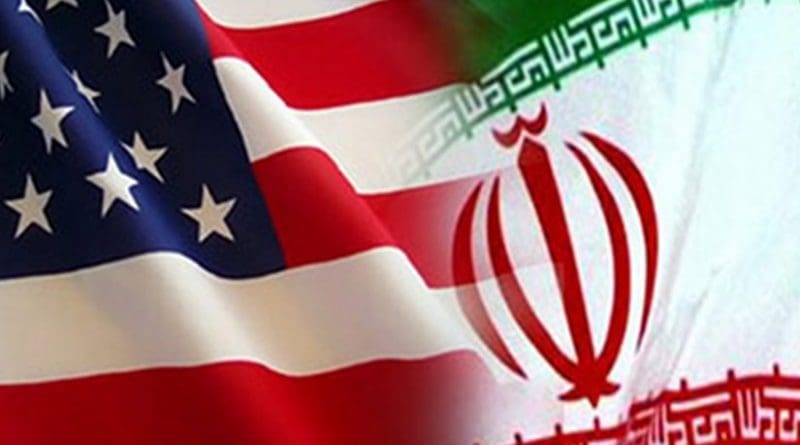Year One Of Iran Nuclear Deal – OpEd
July 14 marks the first anniversary of the historic Iran nuclear agreement that, by all accounts, represents a net plus for both regional and global peace as well as nuclear non-proliferation. Achieved through marathon, both open and secret, marathon negotiations, the agreement, known as the Joint Comprehensive Plan of Action (JCPOA), is a complex international agreement that denotes international cooperation to bring to an end a vexing, and potentially dangerous, crisis, one that had resulted in comprehensive punitive sanctions on Iran crippling its economy. It is, by all accounts, in the interest of the international community, worth saving and defending — against its various opponents, including the hawkish anti-Iran lawmakers in US Congress, who are now keen on scuttling a major commercial deal between US and Iran permitted under the deal.
The latter refers of course to the nearly $18 billion dollar deal between Iran Air and Boeing, covering 109 aircraft for Iran’s sanctions-hit airline industry, maliciously misinterpreted by the Republican lawmakers as a means of “weaponizing the Iranian regime.” That is sheer nonsense and a clear sign of the degree to which Iran’s opponents are willing to twist the facts in order to torpedo any tangible progress in the troubled US-Iran relations.
Few, if any, of the Iran-bashing US lawmakers are willing to concede the merits of the JCPOA, according to which Iran agreed to substantially reduce its civilian nuclear program, adopt the intrusive Additional Protocol, and allow extensive monitoring of its nuclear activities on a long-term basis, in exchange for the lifting of nuclear-related sanctions. According to the various reports by the International Atomic Energy Agency (IAEA), Iran has fully complied with its obligations under the JCPOA, even though the other side, i.e., mainly the US, has dragged its feet and fell short of full compliance, thus instigating loud complaints from Tehran.
During this past year, Iran’s missile program has been a focus of controversy, with the US slapping new sanctions on Iran over Iran’s multiple test-firing its conventional missiles, which it insists are purely conventional and for deterrent purposes, although both sides have been careful not to let this spoil the agreement, which went into effect in mid-January, 2016.
As the New York Times editorial on July 5, 2016 rightly put it, “It’s important that Iran benefit from meetings its commitments.” Unfortunately, the move by the US Congress to prevent the Boeing deal with Iran, which will have direct ramifications for the related $27 billion dollar Iran deal with Airbus, threatens the well-spring of the JCPOA and, should it pass both houses, then it ought to be vetoed by President Obama, who counts on the JCPOA as one of the shining examples of his legacy.
On the other hand, if the Boeing deal is blocked as a result of the Congressional meddling, then we are likely to witness a strong backlash against the agreement in Iran, in light of the strong criticisms of the US’s inaction with respect to its obligations under the agreement. Chances are that Iran would retaliate by engaging in selective non-compliance, in order to send a strong signal to Washington regarding the rule of reciprocity. Bottom line, the JCPOA will go to waste if the Iranophobic politicians in US gain the upper hands in dictating the nature of US’s compliance with its (international) obligations.
Hopefully, the US realizes the risks to the JCPOA if Iran continues to be deprived of harvesting the economic benefits of the JCPOA, which has also benefited the cause of broader US-Iran diplomacy, such as with respect to anti-terrorism and the conflict in Syria.

